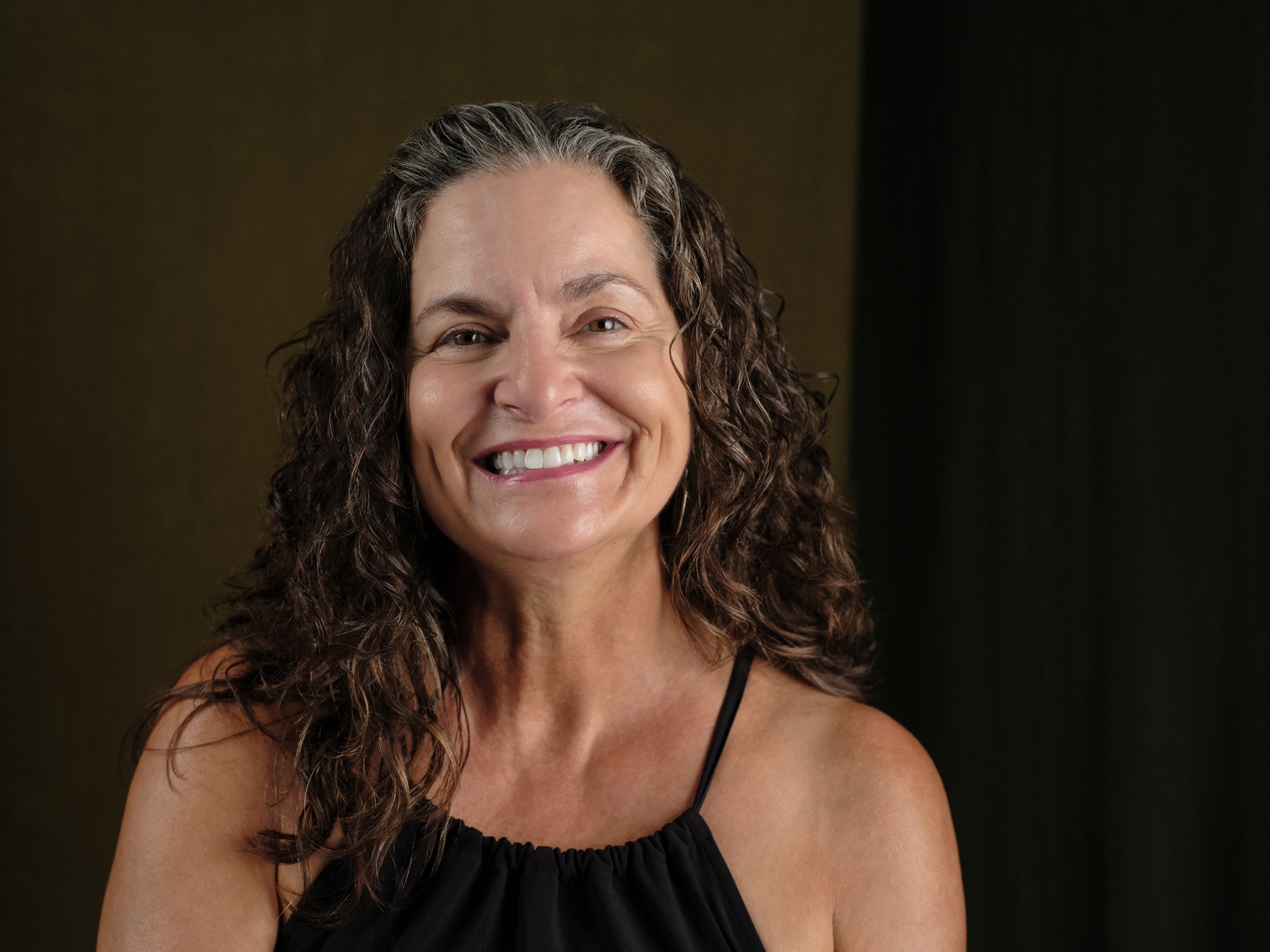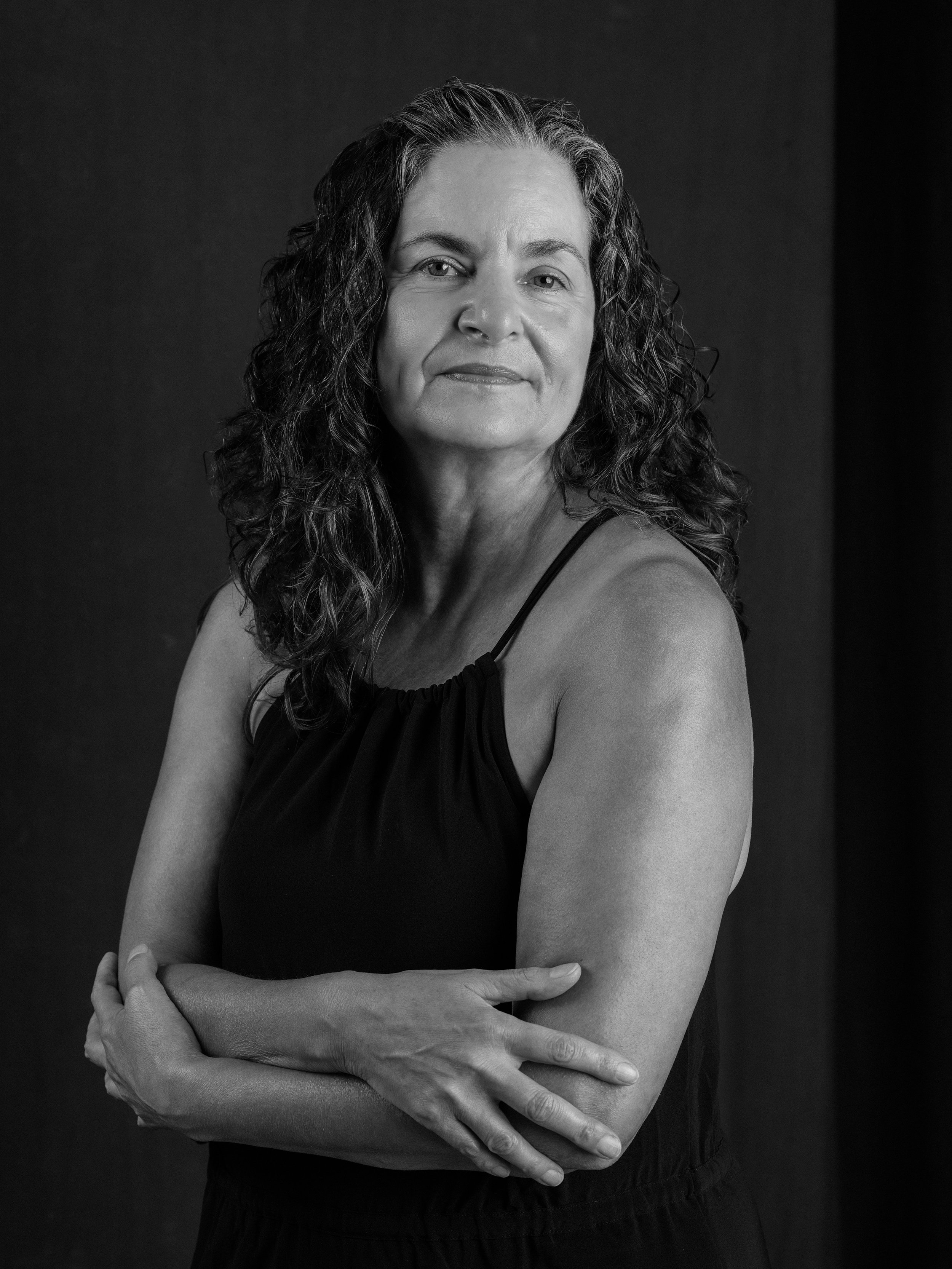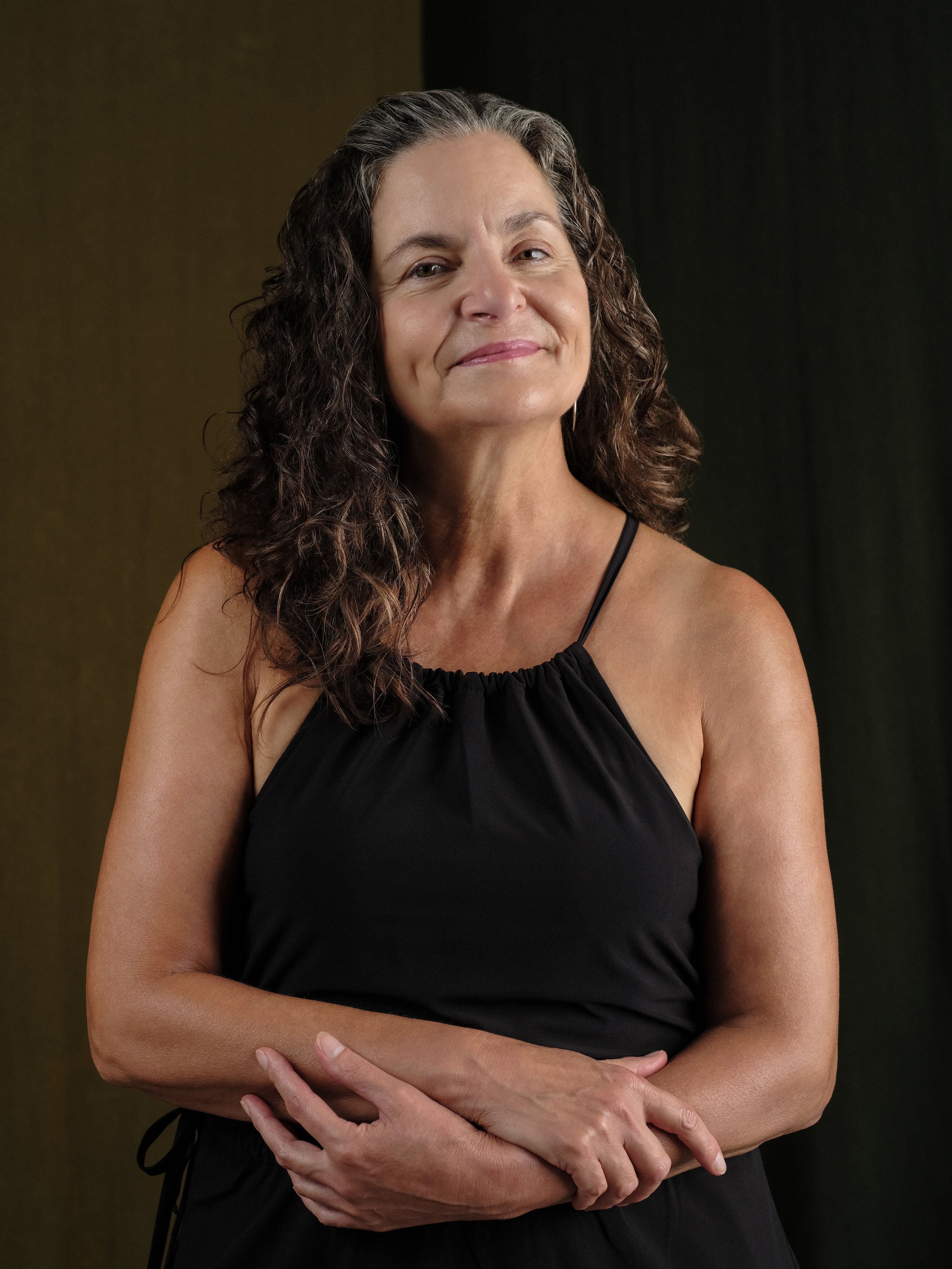New Depths of Sea Knowledge
At The Slate Studio, Catalina Martinez settles into her chair, natural light streaming through the windows catching the determination in her eyes. Behind the lens, Jonathan Pitts-Wiley works with an intuitive understanding that comes from years of capturing the essence of Rhode Island's changemakers.
Catalina Martinez navigated a world where education for girls wasn't valued in her traditional family. "Girls didn't need an education," she was told from a young age, as family responsibilities and work took priority. Growing up, Catalina’s small figure was hunched over a puddle on the cracked sidewalks of Providence, Rhode Island.
Her eyes were wide with wonder, fingers tracing ripples in dirty water. "I was that weird kid," Catalina confides, her voice catching slightly. "Every little water body fascinated me, even puddles. I wanted to know what lived in them, what the bottom looked like." But this fascination was more than childish curiosity. It was a lifeline, a thread of hope in a world that seemed determined to clip her wings before she could even learn to fly.
Growing up near the Chad Brown Projects, Catalina's world was a maze of concrete expectations. Her family, Cuban immigrants with old-world values, saw no need for girls to be educated. "I was kept home from school," Catalina reveals. "To take care of the family and work in other ways." She felt a deep frustration of watching opportunities slip away like water through cupped hands.
"I had no idea what I was doing," Catalina admits, remembering her decisions. "But I knew I had to get out. I had to find a way."
At 16, Catalina boldly decided to leave home and forge her own path. Working multiple jobs to support herself and to help care for her mother, she pursued her passion for the ocean, eventually discovering SCUBA diving. "I fell in love," she says, describing her first underwater experience. "For the first time in my life, I felt... free."
But freedom comes at a cost. As Catalina pursued her newfound passion, she faced hurdle after hurdle. College seemed like an impossible dream, a mountain too steep to climb. But she persevered. She worked multiple jobs at a time and took one college course each semester for many years as she worked toward her dream of obtaining a college degree.
It was during these grueling years that Catalina discovered SCUBA diving. Imagine her first breath underwater, the rush of bubbles, the weightlessness. For a moment, all the struggle melted away. In that instant, Catalina wasn't a high school dropout or a girl told she wasn't enough. She was an explorer, a scientist, and a dreamer.
Despite the challenges, Catalina persevered in her educational journey. "I was 30 before I got an undergraduate degree," she shares, highlighting the determination it took to overcome financial and cultural barriers. This experience would later fuel her commitment to making science more accessible to underrepresented groups.
As Catalina entered the world of ocean science, she faced new challenges in a field dominated by white men. "There were days I felt like an imposter," she admits. However, her unique perspective and experiences became her strength, allowing her to thrive and significantly contribute to oceanography.
But Catalina didn't just survive in this world - she thrived. She went from studying basic oceanography to exploring the ocean's depths, venturing into realms few humans have ever seen.
Yet even as she touched the stars - or, in this case, the ocean floor - Catalina never forgot where she came from. She looked around at her colleagues, at the lack of diversity, and felt a familiar sadness. The same ache she'd felt as a little girl, told she wasn't enough.
"I realized," Catalina says, her voice gaining strength, "that I had a responsibility. Not just to succeed, but to hold the door open for others like me."
Today, Catalina serves as an equity advisor for NOAA Ocean Exploration, working tirelessly to create opportunities for underrepresented individuals in ocean science. "I'm the wedge in the door," she declares, emphasizing her role in paving the way for others.
Her approach to leadership and mentorship is deeply rooted in her experiences. "The most important thing I do is help identify and mitigate the barriers, not only to entrance into these high-value spaces but to persist there, succeed there, to find health and happiness there," Catalina explains.
As the conversation draws to a close, Pitts-Wiley's lens captures the quiet confidence of a woman who has charted her own course. Catalina pauses to reflect on her journey. Catalina's work extends beyond her achievements. She is focused on nurturing the next generation of diverse ocean scientists and leaders. "You are going to be the ones to lead us into the future," she tells young scientists, emphasizing the importance of their voices in shaping the field
As the face of America changes, Catalina Martinez stands at the forefront of efforts to ensure that the world of ocean science reflects this diversity. Her story is not just one of personal success but a beacon of hope and a call to action for a more diverse and inclusive scientific community.
Through her work and her example, Catalina Martinez continues to inspire and empower, proving that it's possible to turn the tide on representation in science with determination and support. Her journey from the puddles of Providence to the ocean's depths is a powerful reminder that every dream, no matter how distant it may seem, is worth pursuing.



Portraits by Jonathan Pitts-Wiley

